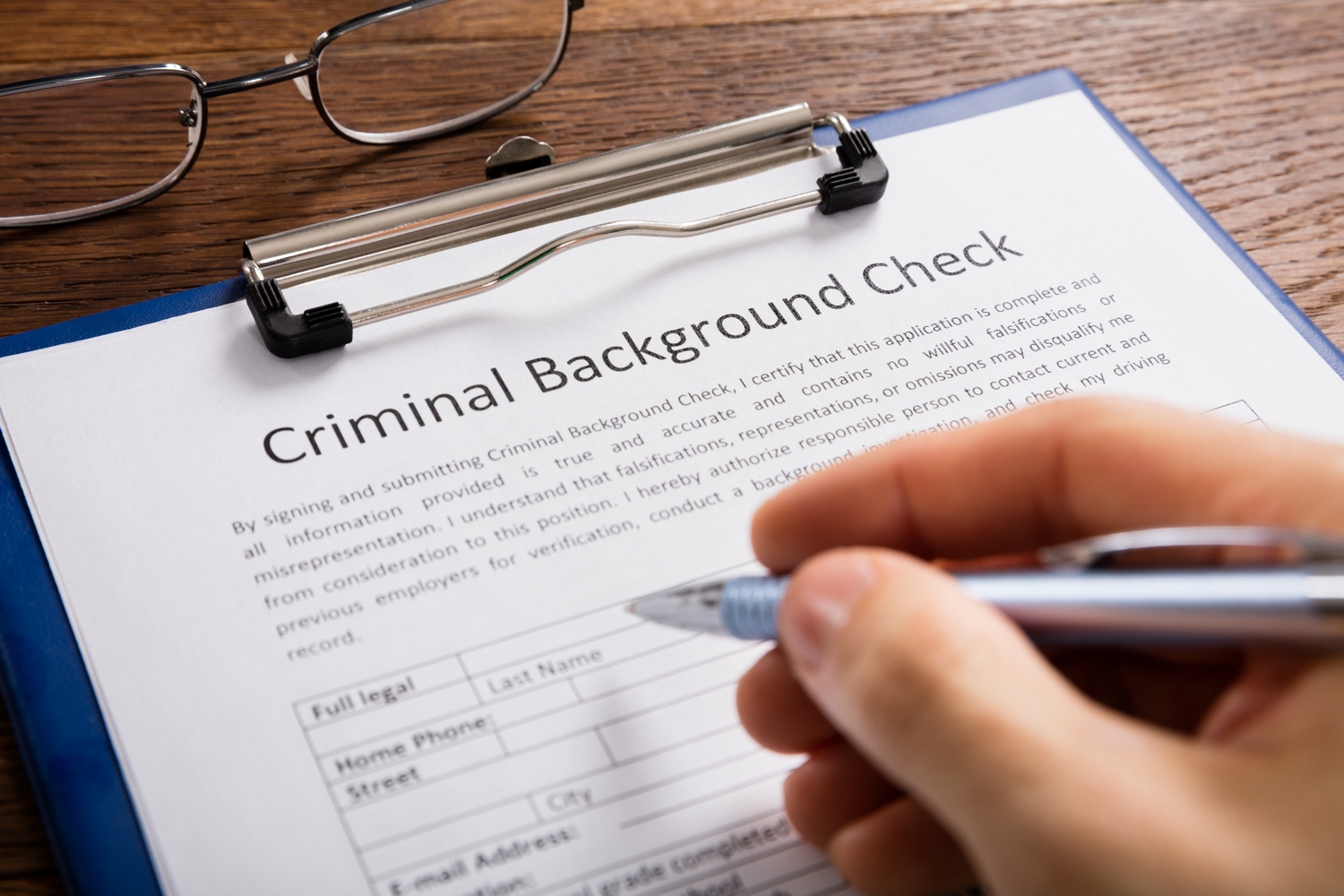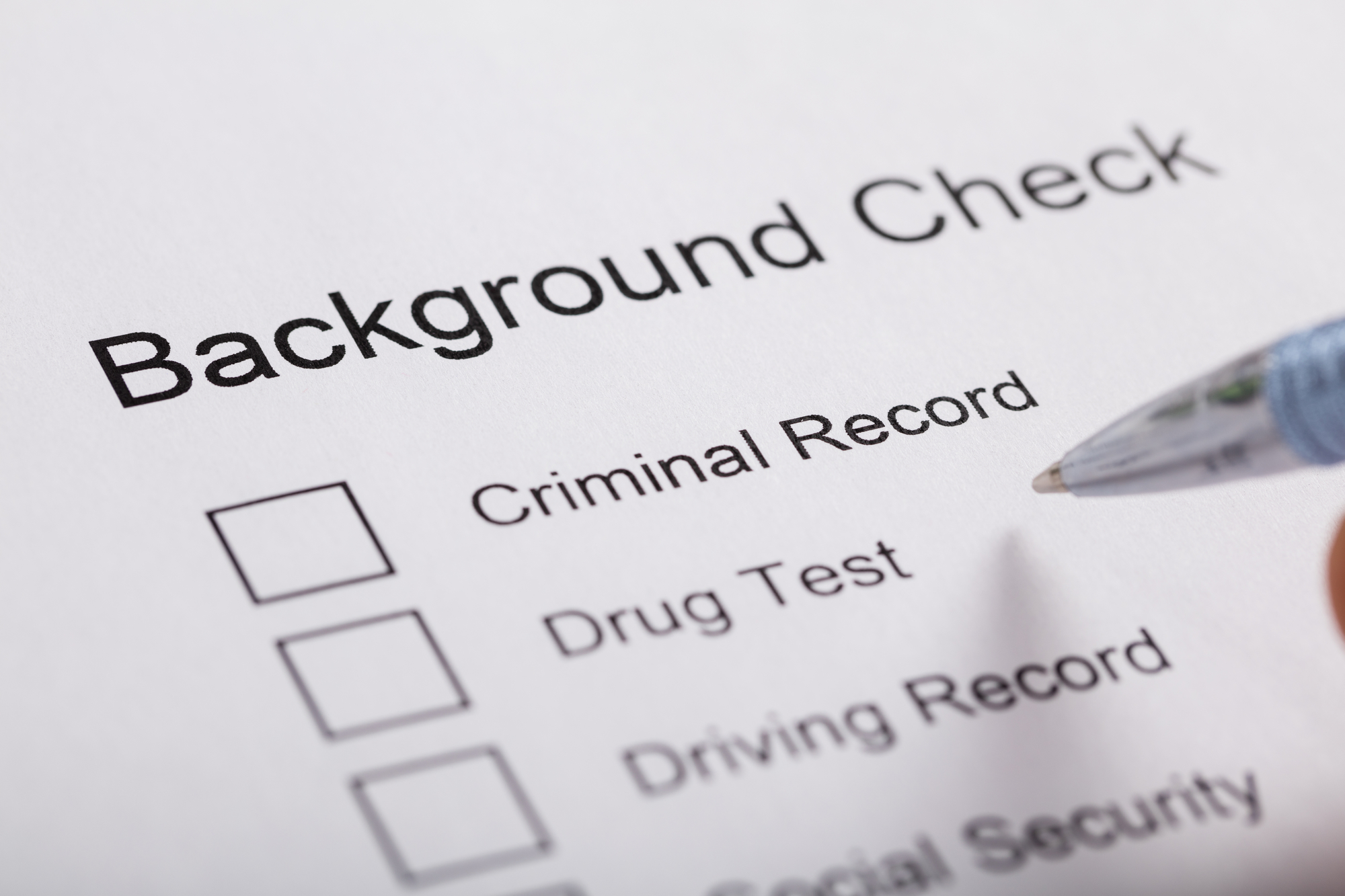A pre-employment background check can result in the loss of a job opportunity for a variety of reasons, ranging from a criminal record to bad reviews from former bosses. Today, the vast majority of employers conduct thorough background checks on their candidates before making a formal hiring decision. Even if…
The term “background check” can refer to either name-based checks (which are used by the majority of background check companies) and biometric or fingerprint checks (which are used primarily by law enforcement). In this article, we’ll go over some of the benefits and limitations of fingerprinting, and how it should…
A criminal record is simply information that’s kept about a person’s arrests and convictions. State, local and federal authorities store and use them for many purposes. They can be used for identification and to locate possible suspects in unsolved cases. Courts can also use criminal records to determine sentences for…
Employers are allowed to commission or gather background information on current and potential employees, including criminal background checks. However, the United States Equal Employment Opportunity Commission (EEOC) maintains strict rules governing the procedures employers must follow for background checks and what information they can access. The employee must be notified…




